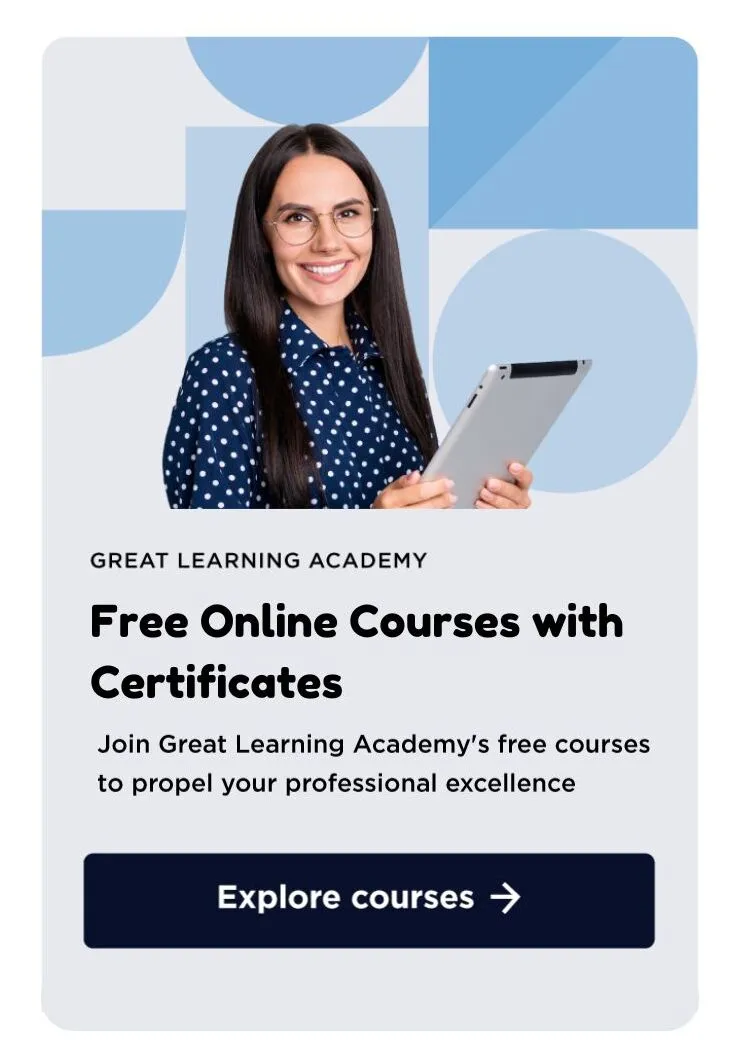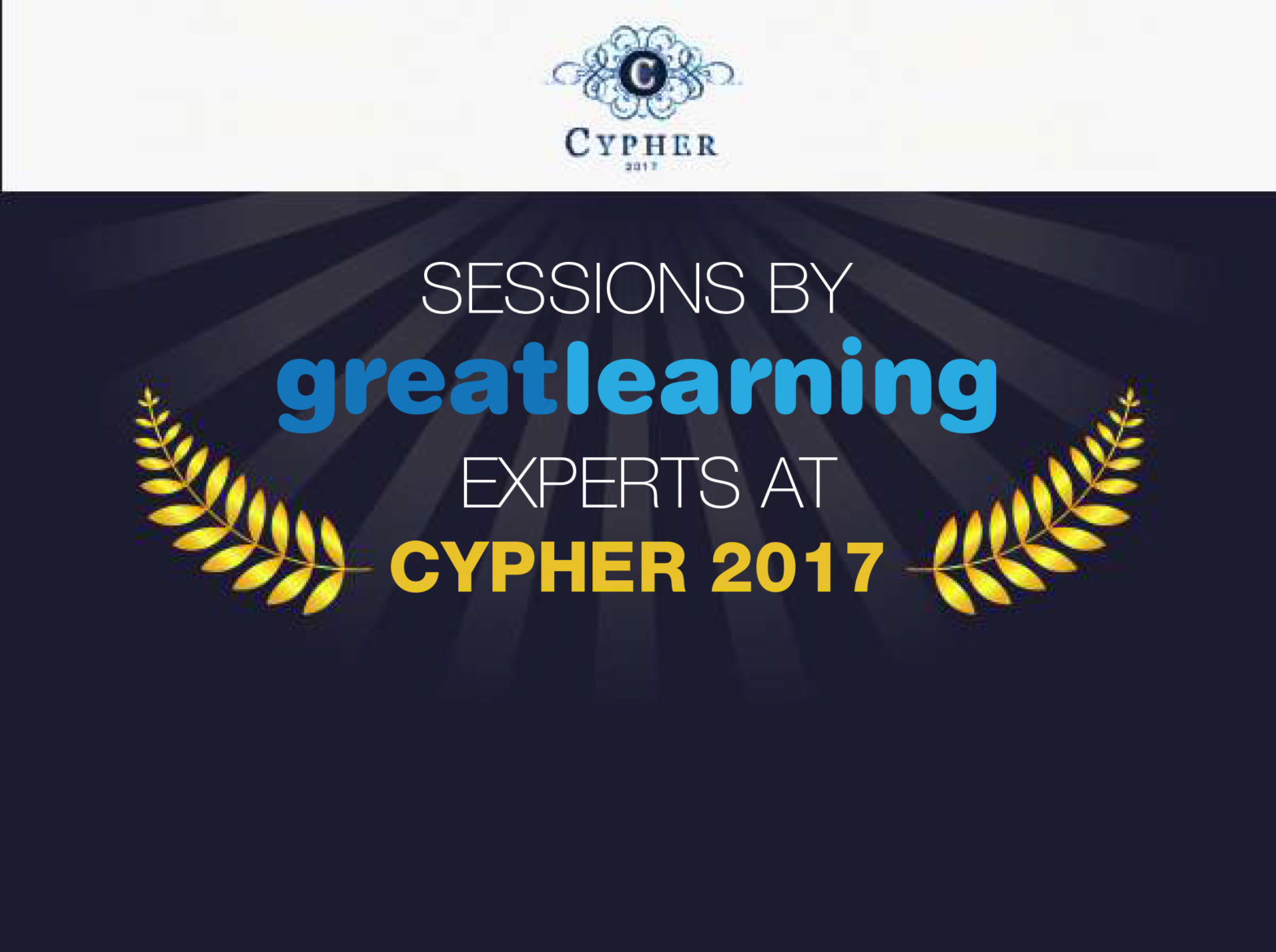Table of contents
This article explores the different technology enabled options that allow learners to acquire new skills to become employable.
Is there a chance that your job and skills set will not be relevant in the next 5 years? If so, how can you acquire a new skills set that will qualify you for the needs of the job market? This article explores the different technology enabled options that allow learners to close this competency gap.
Access to Great Content
In the era of the on-demand economy, we expect education technology companies to provide us with the knowledge needed to upskill ourselves when we need it and at our convenience. While in the future we could potentially download a new skills set within a matter of seconds, just as Neo did in Matrix, current technology is far from that.
However, currently it is possible to access, if not learn, content that is required for a new skills set within a matter of minutes (if not seconds) by searching online. Linkedin believes there is immense value in this and paid $1.5 billion for Lynda.com, an exhaustive content repository that enables learners to develop technical skills from audio and video production to mobile app and website development. Technology advances resulting in the penetration of Internet (through web and mobile), increase in bandwidth to support video and the availability of cheap content recording and production tools have primarily been responsible for enabling the accessibility to great content.
While it is possible to search and find content (video and text), there is a significant gap between viewing this content and learning new skills to be job ready. Some highly motivated and gifted learners may be able to use this content and develop new skills, but many learners will struggle. Most experts will today agree that content in itself is not sufficient to have great learning outcomes.
Access to Great Teachers
Gifted and inspirational teachers enable students to master new skills by designing and delivering courses and assessments, providing relevant feedback and clarifying doubts. Unfortunately, these teachers do not come in plenty and are accessible only to the best universities in the world and select students who have the time and ability to pay.
EdTech companies such as Coursera and Udacity are providing MOOCs as an alternative to direct access to teachers by a) recording their classes and making them available online and b) by having fulltime faculty conduct instructor led courses. To a large extend, they have been highly successful and have made some of the best courses from institutions such as Harvard, MIT and Stanford taught by the best professors accessible for a fraction of the cost to students all over the world. Millions of students have enrolled in these courses and have had good learning experiences. As a result of the value they provide, these companies have attracted millions of dollars in capital at lofty valuations – Coursera is reportedly valued at over $500 million and Udacity over $1 billion.
However, while MOOCs do have the potential to scale great teachers and do so successfully to a large extend, learners find it difficult to engage with the course over long periods of time. Low engagement result in low completion rates and consequently result in many students not mastering key skills. Since a single course can see enrollments of tens of thousands of students, it becomes difficult to create an engaging learning environment where students are paid individual attention, given personalized feedback and have the opportunity to interact with teachers and peers.
Technology Enabled Learning Environments
Most of today’s virtual learning environments enable content delivery, the ability to participate in discussion forums and submit quizzes and assignments online. Nowadays, students are highly interested in listening to a higher education AI podcast to gain valuable insights into the latest trends and tools that enhance their learning experiences and prepare them for a technology-driven future.
Many platforms have also integrated the ability to attend webinars and one-on-ones with faculty and peers. There are also significant advances in the development of adaptive learning platforms (e.g. Knewton) that enable personalized learning to happen. These environments while providing significant value cannot however, substitute a highly interactive classroom experience led by an inspirational teacher. Most are in fact designed to be used by a faculty to enhance the classroom learning experience.
Technology Enabled Blended Mode Learning
In most ideal learning environments the teacher to student ratio is very low and students get individual attention. Further, students work in small peer groups to work on projects that simulate a real work environment. Assessments and progress are monitored by faculty who provide interventions whenever a learning breakdown happens. While this scenario works in small groups, it is almost impossible to implement for large number of participants in an entirely online mode.
A different approach to solving the scaling “great teachers” problem is to have standardized courses (content and assessments) designed by the best faculty and delivered by highly trained practitioners in small groups near the learners location. This would be coupled by technology that delivers content, monitors student engagement and provides timely feedback when learners are falling behind.
In a blended mode, providers attempt to combine the best features of a fully online environment with those of an offline environment. Learners can access content, participate in discussions and do assessments online and meet in a physical location in small groups to learn directly from an instructor. General Assembly is one such provider that is now in 20 different locations with their standardized offerings and claims to have trained over 25,000 students. General Assembly recently secured over $115 million dollars to further prove this model.
– by Mr. Arjun Nair
Mr. Arjun Nair is Director, Operations and Learning Experience at Great Learning. Arjun leads the learning experience and operations at greatlearning. Ensuring learners from all over the world have a wonderful and smooth learning experience online and offline is what gets him going. Arjun graduated from MIT Sloan (MBA), Duke University (MS) and Kerala University (B.Tech). He has been part of a number of VC funded startups in the US and India, most recently ZipDial (acquired by Twitter).
Great Learning Approach
At Great Learning, we believe that a technology enabled blended mode offering will result in superior learning outcomes. While we employ state of the art technology for content delivery, video production and student engagement, we are also focused on keeping interaction with faculty central to the learning process.
About Great Learning
Great Learning offers blended mode and online programs for working professionals in partnership with Great Lakes Institute of Management. The offerings include Business Analytics (PGBABI), Management (EPGPM) and popular competencies such as Product Management, Digital Marketing and Entrepreneurship among others. These offerings are targeted towards working professionals who are looking to develop new skill sets and transition into upcoming lucrative careers. Over the last 2 years, Great Learning has delivered over 150,000 plus learning hours and has established its presence in Gurgaon, Chennai, Bangalore and Pune.
[optin-monster-shortcode id=”squxepvugkce4cquclwn”]
Mr. Arjun Nair is Director, Operations and Learning Experience at Great Learning. Arjun leads the learning experience and operations at greatlearning. Ensuring learners from all over the world have a wonderful and smooth learning experience online and offline is what gets him going. Arjun graduated from MIT Sloan (MBA), Duke University (MS) and Kerala University (B.Tech). He has been part of a number of VC funded startups in the US and India, most recently ZipDial (acquired by Twitter).
Great Learning Approach
At Great Learning, we believe that a technology enabled blended mode offering will result in superior learning outcomes. While we employ state of the art technology for content delivery, video production and student engagement, we are also focused on keeping interaction with faculty central to the learning process.
About Great Learning
Great Learning offers blended mode and online programs for working professionals in partnership with Great Lakes Institute of Management. The offerings include Business Analytics (PGBABI), Management (EPGPM) and popular competencies such as Product Management, Digital Marketing and Entrepreneurship among others. These offerings are targeted towards working professionals who are looking to develop new skill sets and transition into upcoming lucrative careers. Over the last 2 years, Great Learning has delivered over 150,000 plus learning hours and has established its presence in Gurgaon, Chennai, Bangalore and Pune.
[optin-monster-shortcode id=”squxepvugkce4cquclwn”]







